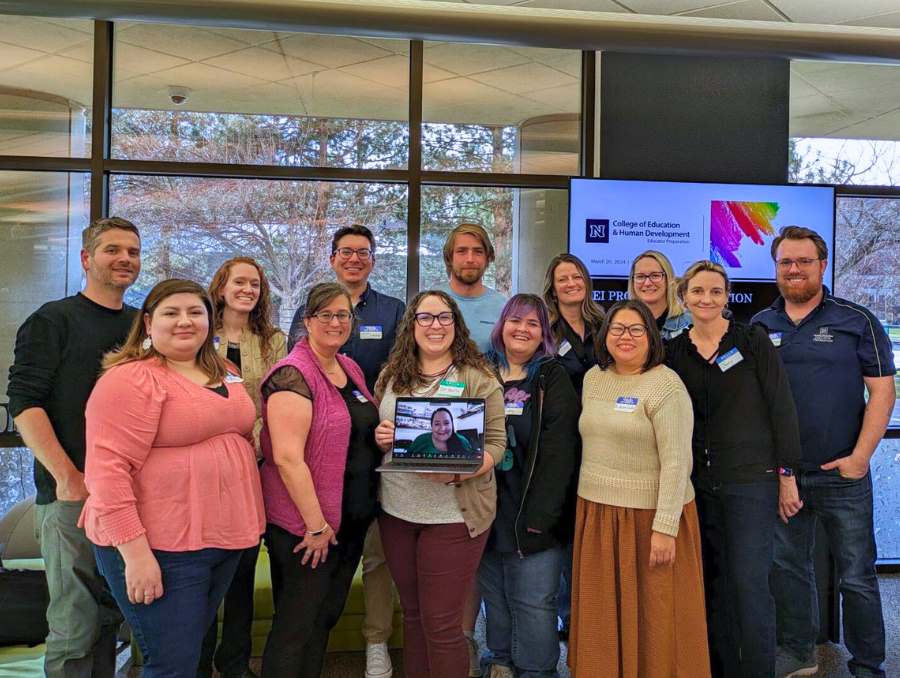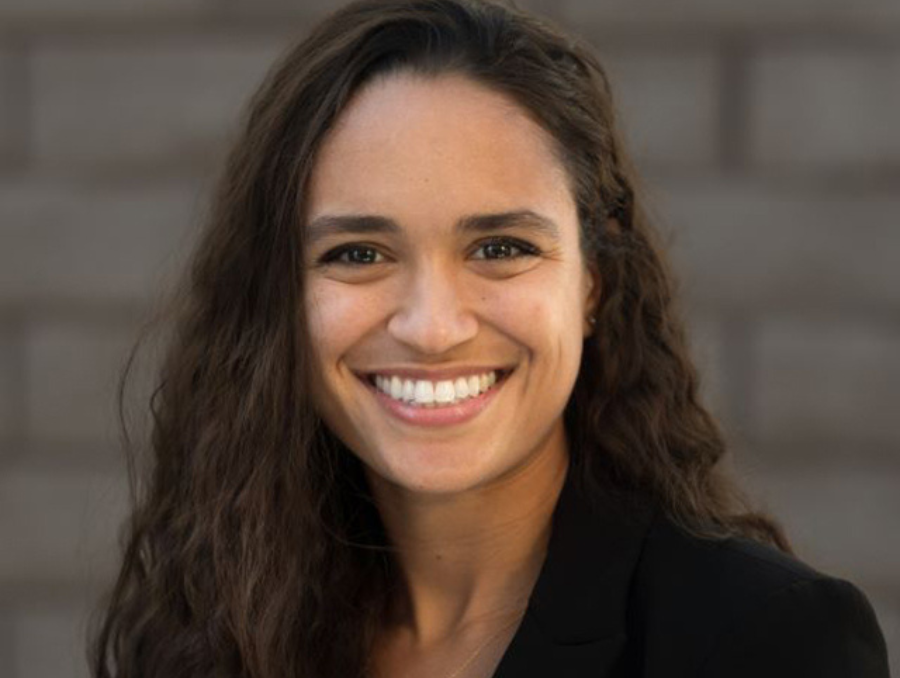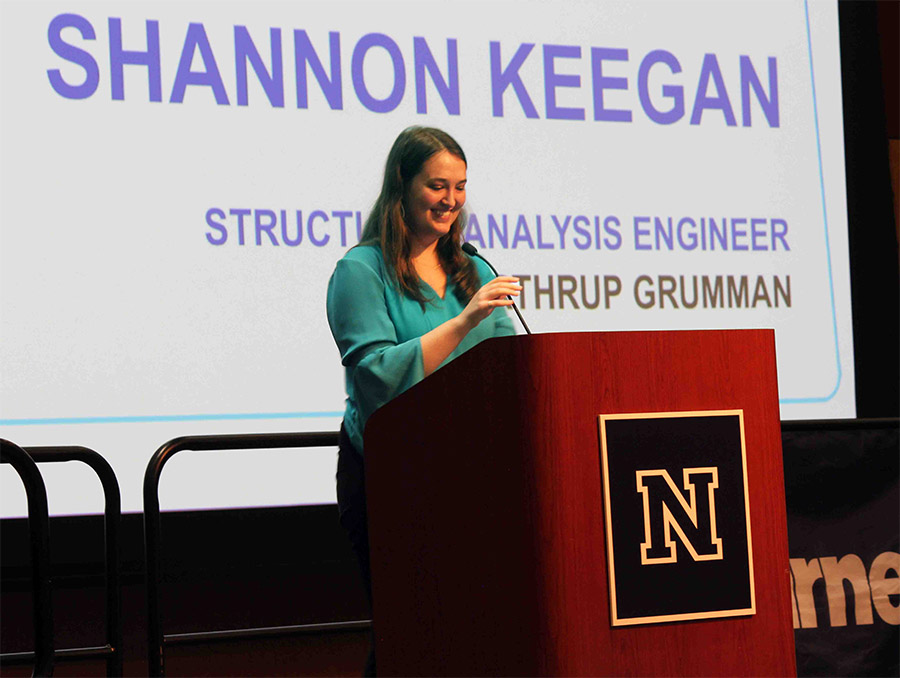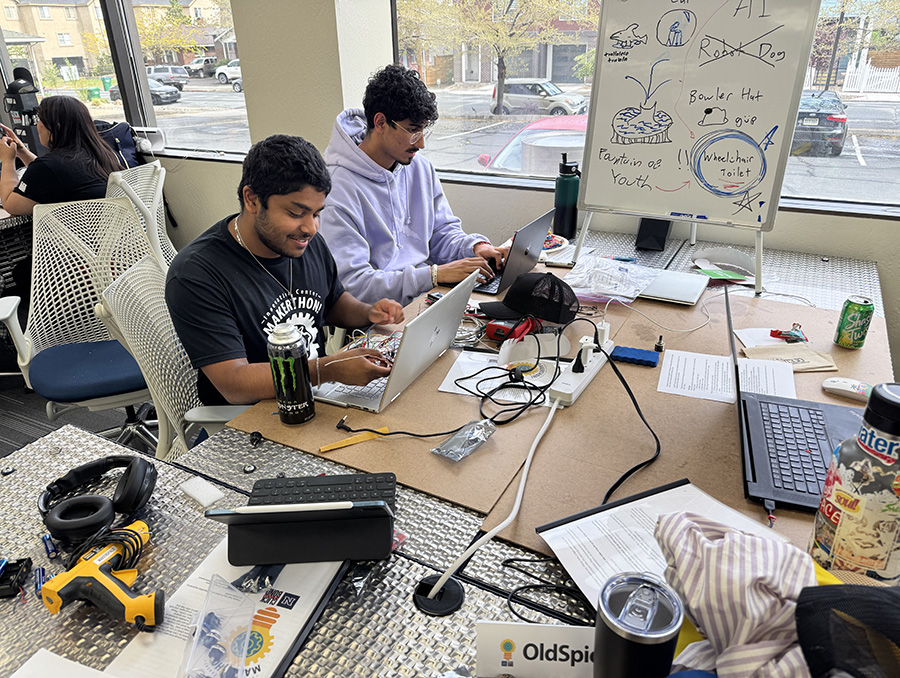The College of Education and Human Development at the University of Nevada, Reno, continues its commitment to excellence in education by introducing a new online Master of Education, M.Ed., in Secondary Education with an emphasis in Continuing Educator Improvement program. Last year, the College added a Bachelor of Science in Early Childhood Education and an online Master of Science in Instructional Technology and Learning Design.
The Secondary Education CEI program is designed for licensed teachers who want to extend and deepen their knowledge base and improve their pedagogical skills with the goal of becoming better teachers. Teachers’ approaches continually grow and change in response to local, state and national education initiatives; students’ needs and interests; and new innovations and research in teaching. This program is designed to support teachers in developing their approaches to best meet the needs of their students while also attending to the landscape of education beyond their classrooms.
One initiative that is growing quickly in Nevada is dual-credit courses. The University of Nevada, Reno, Collegiate Academy is an example of this work. In the Collegiate Academy program, courses are taught by high school teachers in their classrooms, but the content is developed by university faculty and provides university credit.
Through these courses, students can graduate from high school having already completed some of their university courses, making a college degree more affordable and accessible. This CEI program helps teachers bridge the gap between high school and collegiate-level instruction
“As more dual-credit opportunities are available to high school students, we will need more highly-prepared teachers who can teach those courses in K-12 schools,” Jessica Gallo, Ph.D., associate professor of secondary education said. “While our CEI program is designed to support practicing teachers’ growth as professionals in many ways, we are particularly focused on those teachers who are interested in teaching dual-credit courses.”
Designed with the realities of full-time educators' lives in mind, the CEI program is offered in an online format, delivered in a cohort model. This approach fosters a collaborative learning environment where teachers progress through the program alongside peers.
“We chose a fully-online program built in a paced cohort model so that the teachers could move through the program together, learn with teachers who share similar concerns and challenges, and have thought partners to apply course concepts to actual classrooms,” Gallo said. “By the end of the program, we hope that teachers will be better prepared to conduct classroom research, adapt their instruction to students’ needs, respond to changes in education, and collaborate with one another and the educational community.”
The inaugural cohort, welcomed in Spring 2024, comprises dedicated educators representing a diverse array of subjects from across Nevada, including math, foreign language, special education, sciences and history, among others. The educators take two online courses per semester during the fall, spring and summer semesters and are anticipated to graduate in December 2025.
The program aims to make advanced education accessible to a broad spectrum of educators. Students are funded through the Nevada Teacher Advancement Scholarship, which pays 75% of tuition and fees per semester for the duration of the program. Furthermore, a commitment to teacher retention and professional development is demonstrated through incentives that reimburse participants for remaining tuition expenses after completing the program and three years of teaching in Nevada after graduation.
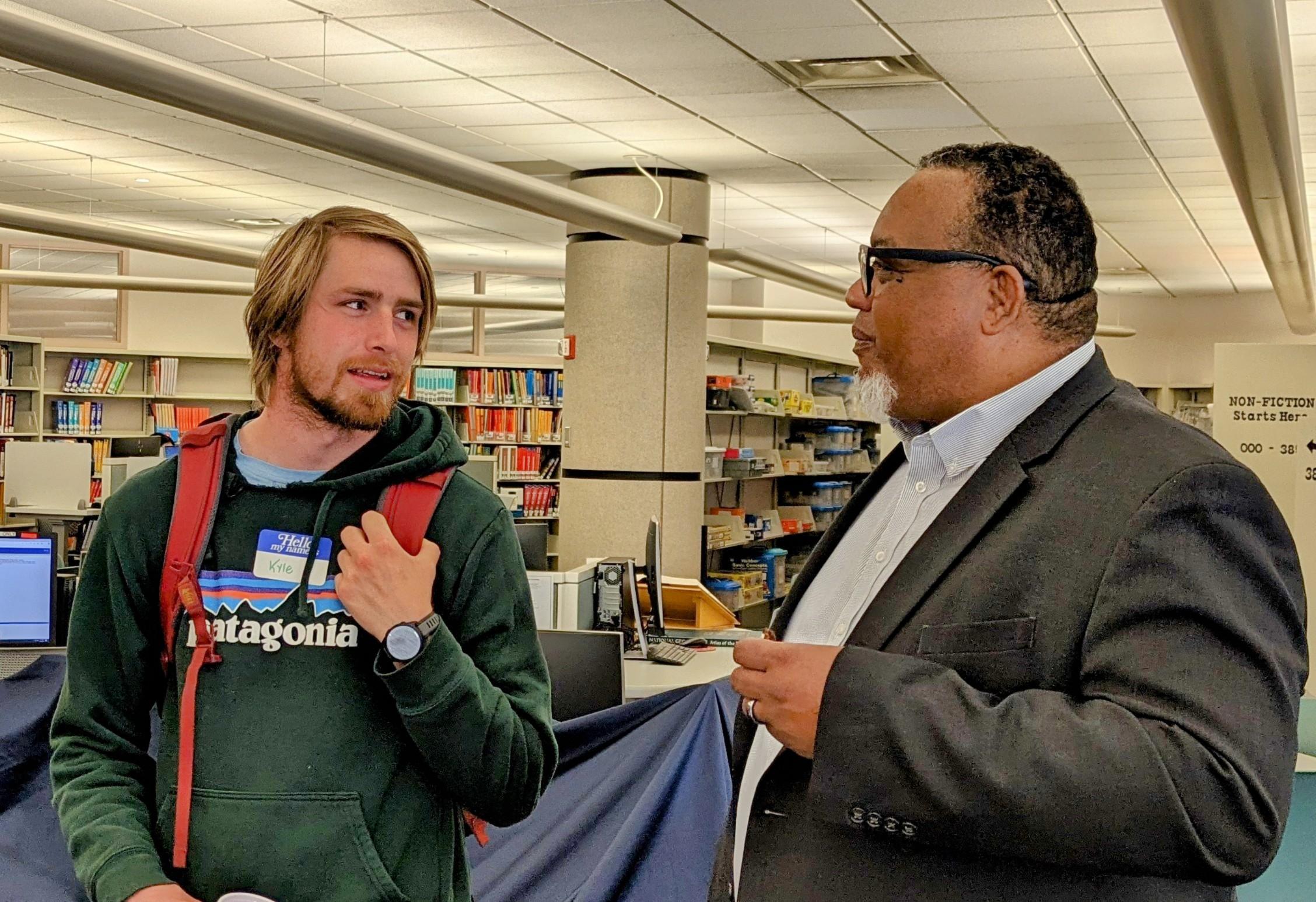 Dean Donald Easton-Brooks talks to Kyle Carsen-Burge, McQueen science teacher, at the Welcome Reception for the first cohort of students.
Dean Donald Easton-Brooks talks to Kyle Carsen-Burge, McQueen science teacher, at the Welcome Reception for the first cohort of students.Last month, the College of Education & Human Development hosted a welcome reception for the first cohort of students.
“We are thrilled to be able to offer a fully-online program for practicing teachers all over Nevada, and this program was designed with teachers’ busy lives in mind,” Gallo said. “However, we also want to build a sense of community and collaboration that can be harder to create and maintain in online courses.
“The teachers in each cohort will be taking nearly all of the same classes together, collaborating with one another, and working with University’s secondary education faculty for the entirety of the program, so this welcome event is a chance to get to know one another outside of the formality of a classroom setting. It is also a chance to share some of the many resources the campus has to offer while the teachers are enrolled in the program. “
“The face of high school is shifting with over 3 million high school students (9-12 graders) taking AP or some form of dual college-level courses,” Dean of the College of Education & Human Development Donald Easton-Brooks, Ph.D., said. “With this, students from low-income families are approximately 25% more likely to go to college when taking concurrent/dual credit courses in high school. The College of Education and Human Development is excited to be able to offer educators an online master’s degree program designed to assisting teachers in creating the skills necessary to meet the need of this new generation high school student.”
Looking ahead, the College will launch the program's second cohort in the spring of 2025. Secondary educators interested in joining the program are encouraged to complete an interest form or contact Jess Gallo, Ph.D., at jgallo@unr.edu for more information.
